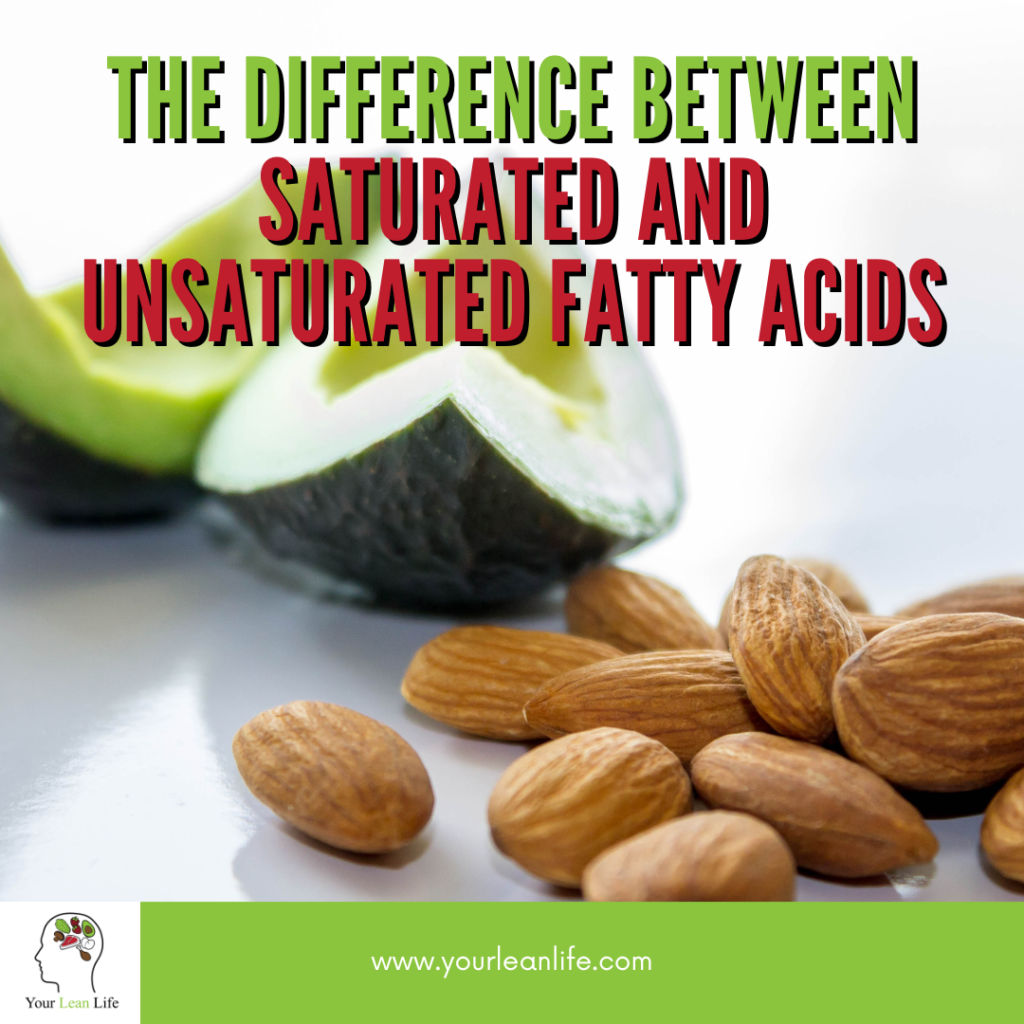Just like all food groups, fats are important and contain essential nutritional benefits. To properly replenish our bodies and metabolic systems, we need to consume the 3 major macronutrients. Fats, carbohydrates, and protein help restore energy to our bodies, allowing them to remain healthy. When it comes to fats, it’s important to learn the difference between saturated fats and unsaturated fats when pursuing weight-loss goals.
Saturated Fats
While both forms of fat are needed, it is wise to consume more unsaturated fats rather than saturated fats. This is because saturated fats are made up of a more chemical structure, with acids consisting of a single chain of carbon atoms. In a physical form, they are typically solid in room temperature settings, with the melting point being much higher than unsaturated fats. Saturated fats can be found in fatty cuts of meat, dairy, coconuts, butter, cheese, and chocolate. Eating too much of saturated fats can lead to high cholesterol, increasing the risk of heart disease and stroke.
Unsaturated Fats
Unsaturated fats, also known as “good fats”, are subdivided in two groups: monounsaturated and polyunsaturated. The difference between the two groups based on the number of double bonds found in their structure. Monounsaturated fats are generally found in plant based oils such as olive oil, peanut oil, canola oil, and sesame oil. Other sources of food such as avocados, nuts, seeds, and peanut butter are also rich in these fats. As for polyunsaturated fats, you can find them in animal sources such as salmon, which is rich in omega-3. You can also find these fats in vegetable oils such as soybean oil, corn oil, flax oil, as well as sunflower seeds. Unsaturated fats help lower cholesterol, and lowers the risk of diabetes.
Just like all other foods, you should be mindful of what and how much you put into your body. Eat fats for what they are—energy and fuel. Try to stick to healthy serving sizes in order to stay on track when losing weight. Interested in learning more about the difference between saturated and unsaturated fatty acids? Our professionals are ready to assist. Contact Your Lean Life today!


Outdoor Workouts for May: Burn Fat and Boost Your Mood with Fresh Air Fitness


